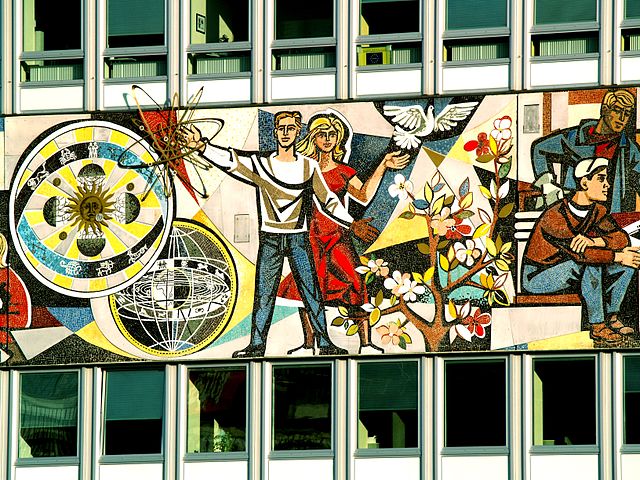Capitalism vs Socialism
Before we examine the differences between capitalism and socialism, let’s look at the historical events that led to the development of socialism and eventually communism from capitalism. Capitalism played a significant role during the industrial revolution in England and later in France, Germany, Japan, and many other European countries. The invention of the steam engine, mass production, and the industrial revolution in Britain led to a large-scale displacement of people from rural areas to cities where industries were established, resulting in them working as wage earners. Capitalists that owned industries and mines attracted men and women from villages to cities where they were asked to work for long hours at low wages.
These events drastically increased inequalities, with the rich becoming richer and the poor becoming poorer. The Great Depression in the thirties prompted many countries to seek alternatives to capitalism. Thinkers like Karl Marx proposed state ownership of means of production (resources) and equal share of all. This appealed to many countries, especially the Eastern Bloc countries that adopted socialism, which appeared to them as being superior to capitalism.
What is Socialism?
Socialism is a political and economic system characterized by a controlled market and public ownership of the means of production. Proponents of socialism suggested that problems such as unemployment and financial crises would not arise as the economy would be planned, with means of production and distribution remaining concentrated in the hands of the state. This would protect the interests of the individual, as they would be shielded from the unpredictable forces of a market-dominated economy.
Socialists envisioned a classless society as opposed to the extremely rich and poor divide in capitalism, which was inevitable with individual property and ownership of means of production remaining in the hands of private people. Socialists argued that with wealth being equally distributed, there would be no poor, and all would be equal.
In 1917, the Soviet Union adopted socialism as a state instrument of controlling the economy under the leadership of Vladimir Lenin. The initial success of the communist government’s policies attracted many other countries, with China, Cuba, and many others following suit.
What is Capitalism?
Capitalism is a political and economic system characterized by a free market and private ownership of the means of production. Capitalism, based on the belief that competition brings out the best in people, evolved in the 15th century and remained dominant in the world until the 20th century, with the industrial revolution taking place in countries with capitalism in place. Capitalism encourages individual enterprise, with the incentive of earning more and rising up the social ladder to motivate people. Private ownership of property means wealth remains concentrated in the hands of capitalists, and they consume most of the profits, with a small share going to those who work in factories and mines to produce goods and services.
What is the difference between Capitalism and Socialism?
The world has witnessed the rise and fall of socialism and the loopholes in capitalism. No one system is perfect and can be implemented, discarding the other. While there is no doubt that capitalism has survived the onslaught of all other ideologies like communism, socialism, etc., it is a fact that the great bubble of communism has burst with the breakup of the Soviet Union and the failure of other communist economies. The time has come to evolve and put into practice a system that incorporates the salient points of both ideologies, not only to encourage private enterprise but also to implement government control in resources to work for the good of the poor and the oppressed in society.
Key Takeaways
- Capitalism is a political and economic system characterized by a free market and private ownership of the means of production.
- Socialism is a political and economic system characterized by a controlled market and public ownership of the means of production.
- Both systems have their flaws and strengths, and the world has seen the rise and fall of socialism and the loopholes in capitalism. An ideal system would incorporate salient points from both ideologies to encourage private enterprise while implementing government control in resources to work for the good of the poor and oppressed in society.
